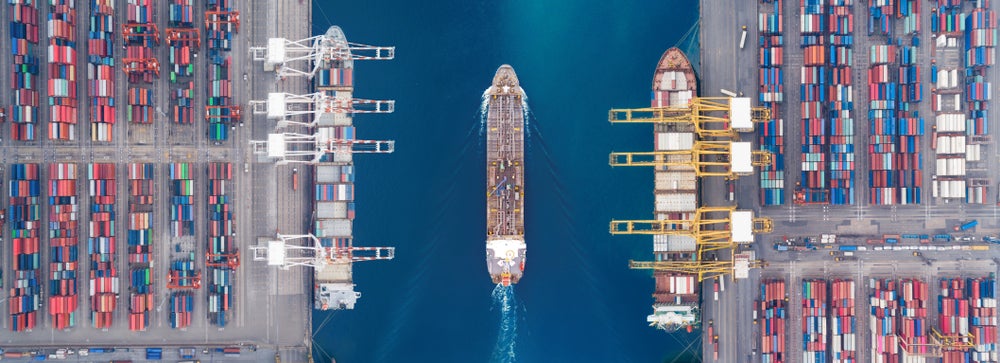INTRODUCTION
A false narrative has gone mainstream in America. It claims that trade agreements the United States entered into over the last 40 years, perhaps for nearly a century, were a mistake.
There is no nuance to this narrative. “I have visited the laid-off factory workers and communities crushed by our horrible and unfair trade deals,” said Donald Trump when he accepted the Republican nomination for president in July 2016. On his first full day in office, he canceled the last trade agreement the United States had signed—the Trans-Pacific Partnership (TPP). Six years later, US Trade Representative Katherine Tai targeted other free trade agreements. On October 7, 2022, she claimed that they impose “significant costs: concentration of wealth, fragile supply chains, deindustrialization, offshoring, and the decimation of manufacturing communities.” If she saw benefits from trade agreements—or trade itself for that matter—she did not cite them.
This anti-trade-agreement sentiment did not end after Trump left office. The Biden administration has considered no new trade agreements and even allowed the congressional mandate for trade negotiations to expire.
Before Trump and Biden, no administration took the position that the body of prior trade agreements entered into by the United States primarily caused harm to the United States. Today, the people in charge of US trade policy evidently believe that the liberal world order created by trade agreements under American leadership resulted in a new evil—globalization. Even a prominent columnist in the Financial Times, a bastion of the liberal international order, celebrates the demise of “neoliberalism” (and globalization) and a return to localization.
Of course, these statements would have much less currency if they had absolutely no factual basis. Relatively open markets bring international competition, and in all competitions some players come out ahead and some behind; in extreme cases, the losers suffer serious harm. Critics view the quest for efficiency—a motivating force in a market-driven world economy—as cold and inhuman. Just look around, they say. Gross inequality in income and wealth abounds. Factories are staffed by far fewer workers than they used to be. The share of manufacturing employment has plummeted. Communities surrounding closed plants have declined and, in some cases, fallen into despair. It is fair to ask whether trade agreements, designed to open markets further, were to blame for any of these problems.
pb22-17Alan Wm. Wolff is a distinguished visiting fellow at the Peterson Institute for International Economics. He was deputy director-general of the World Trade Organization.
Robert Z. Lawrence, nonresident senior fellow at the Peterson Institute for International Economics, is the Albert L. Williams Professor of Trade and Investment at the John F. Kennedy School of Government at Harvard University.
Gary Clyde Hufbauer is nonresident senior fellow at the Peterson Institute for International Economics. He was the Institute’s Reginald Jones Senior Fellow from 1992 to January 2018.
To read the full report, please click here.

